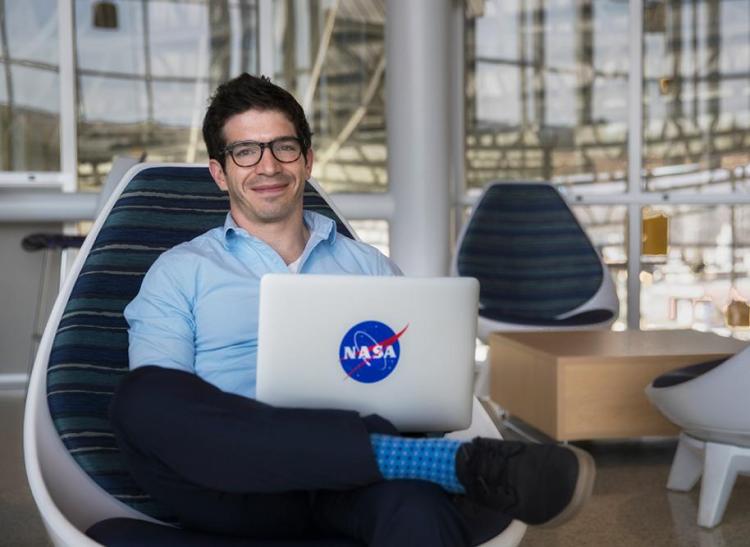
James Warner
Senior Computational Scientist, NASA Langley Research Center
Friday, Dec. 1 | 10:40 a.m. | AERO 120
Abstract: Artificial intelligence (AI) has reshaped industries like tech, finance, and medicine and is now widely accessible to the general public, with examples like ChatGPT and Midjourney. However, applying AI in physical and engineering sciences can present unique challenges, including limited/expensive data, high-stakes decisions, and the need to extrapolate beyond available training data. Furthermore, there is sometimes reluctance among scientists and engineers to adopt ‘black-box’ machine learning in lieu of trusted physics-based models.
This seminar will explore AI’s role in aerospace engineering, both the traditional use of machine learning for constructing efficient surrogates for expensive physics-based simulations, as well as emerging research that seeks to combine data-driven and physics-based modeling. Real-world examples from NASA, such as trajectory simulation and spacesuit reliability analysis, will be included to illustrate these methodologies.
Bio: Dr. James Warner is a Senior Computational Scientist at NASA Langley Research Center (LaRC) in Hampton, Virginia. He joined LaRC as a member of the Durability, Damage Tolerance, and Reliability Branch in 2014 after receiving his PhD in Computational Solid Mechanics from Cornell University. Previously, he received his B.S. in Mechanical Engineering from SUNY Binghamton University and held temporary research positions at the National Institute of Standards and Technology and Duke University.
Dr. Warner’s primary research interests are uncertainty quantification (UQ) and scientific machine learning, focusing in particular on multifidelity UQ methods, physics-informed deep learning, and generative modeling. He develops these methods in the context of NASA applications such as trajectory simulation, additive manufacturing, microweather forecasting for UAVs, and spacesuit reliability analysis.
